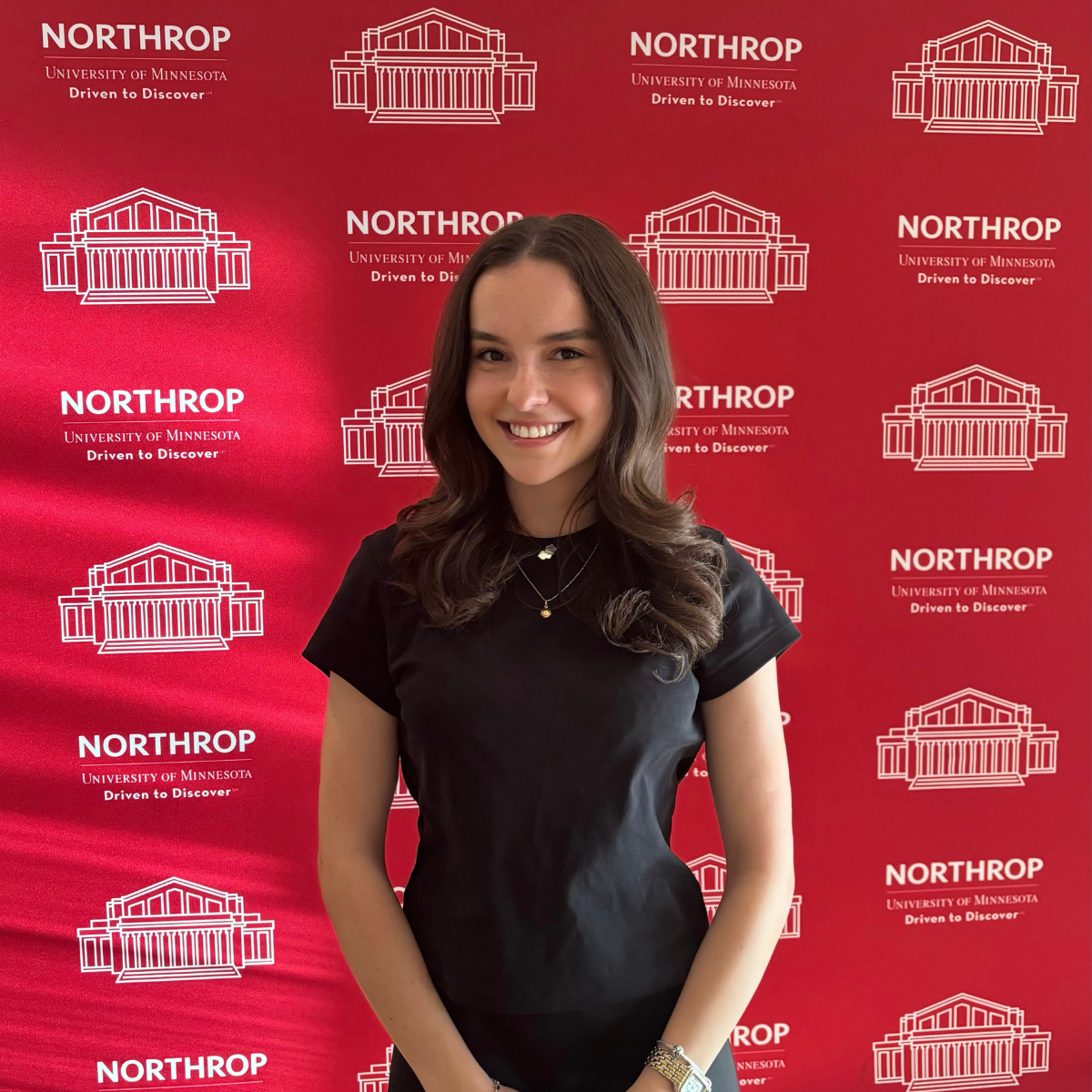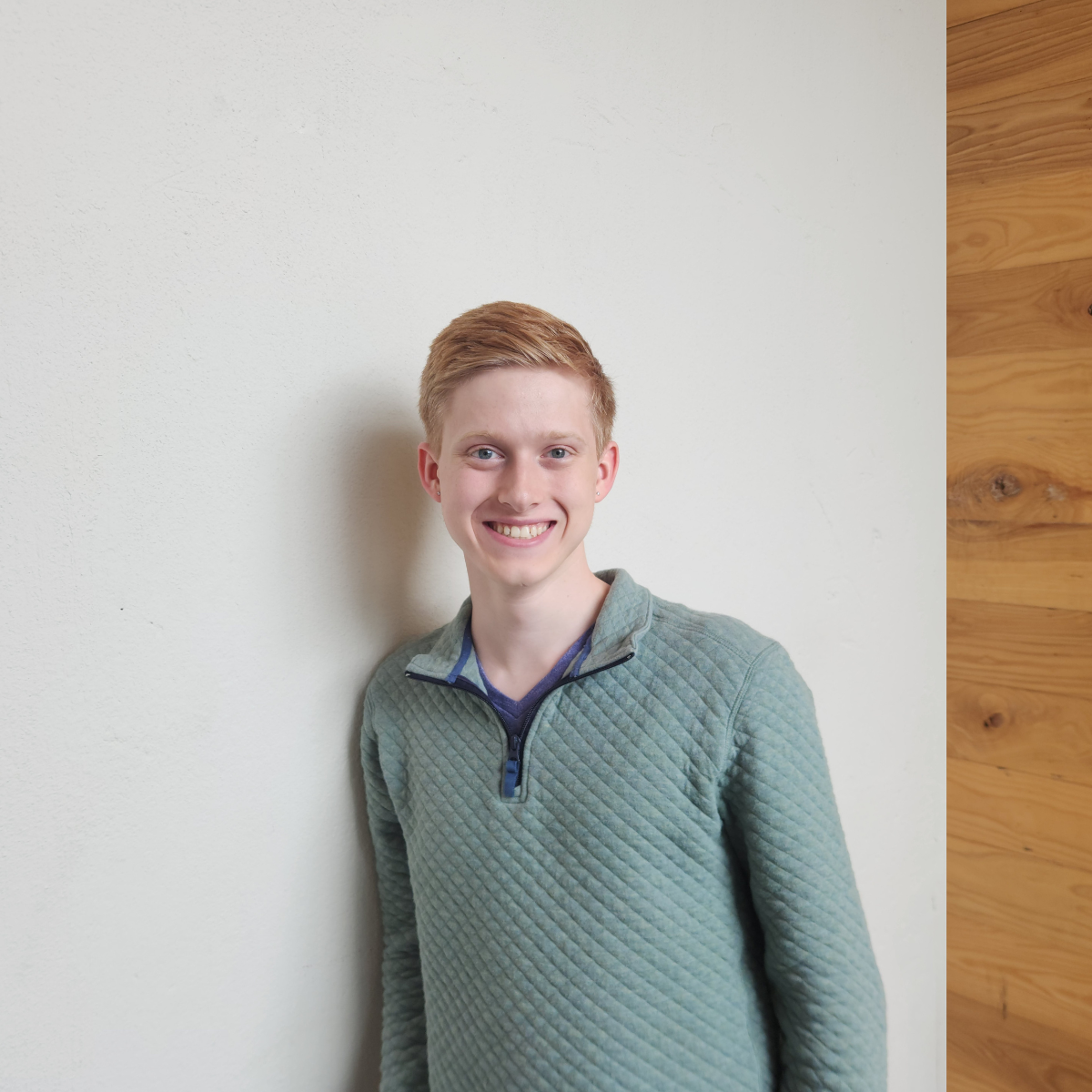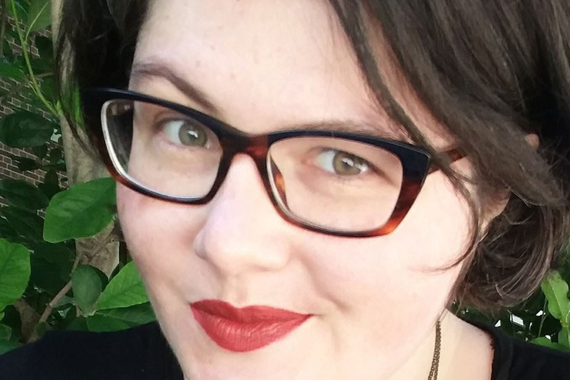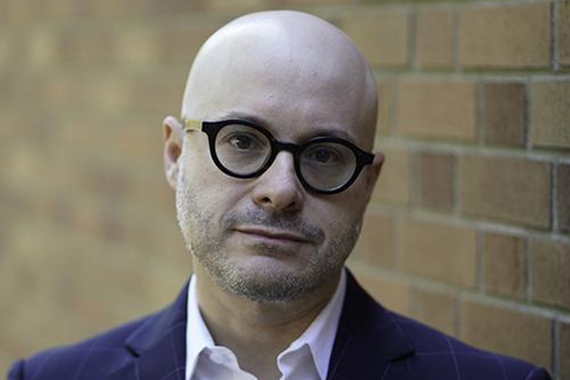Capstone Borine Award Spring 2024
Each year, graduating senior psychology students complete a project allowing them to explore an area of interest. The Sharon Borine Top Capstone Award was created to acknowledge the students who produce outstanding senior projects. The award selection involved section leaders and faculty members nominating candidates, who were then evaluated and ranked by an ad-hoc panel of faculty members.
Congratulations to the Spring 2024 recipients: Hana Kotzmuth, Jason Shulman, Marissa Puser, Grant Shipp, and Gemma Gardner.

Hana Kotzmuth has been chosen for a Top Honors Psychology Thesis which includes a $250 prize for the paper “A Meta-Analytic Study of Compound Personality Traits and Sleep Variables.” Kotzmuth’s research delved into the relationship between compound personality traits and sleep variables. By uncovering these connections, the meta-analysis sheds light on the interplay between personality and sleep behaviors, providing valuable implications for promoting healthier sleep habits and overall well-being.
Kotzmuth says the award comes at a crucial time as she nears the end of her undergraduate journey. With the financial support, she can immerse herself in final projects and coursework, ensuring that she finishes my undergraduate education on a strong and successful note. Originally from Croatia, Kotzmuth has a passion for Industrial-Organizational Psychology. After graduating this semester, she is planning for a gap year to gain practical work experience before applying for PhD programs.

Jason Shulman was awarded $250 for the Top Honors Psychology Thesis for the paper “Do Trauma Beliefs Matter? Examining the Relationship Between Trauma Belief Breadth and Distress After an Analogue Trauma in a College Sample.”
The term “trauma” was originally reserved for describing only the most intense and horrific experiences, but its meaning has expanded over time. Shulman examined how an individual’s trauma beliefs—defined as the breadth and depth of an individual's perception of what events are traumatic and how distressing they are—affect their distress after exposure to a potentially-traumatic event. Trauma beliefs may prove to be a valuable predictor of responses to trauma exposure and could further our understanding of the way individuals recover from traumatic events.
Shulman grew up in Texas, moving to Minnesota for college. He quickly fell in love with the Twin Cities and found a welcoming community here. Jason describes himself as a methodologist first and a psychologist second, with interests primarily in the many different ways individuals react to and recover from traumatic events. He is planning to take a gap year to gain work and research experience before applying to research-oriented clinical psychology programs this Fall.

Marissa Puser received a $250 first-place Capstone Award for her paper “The Bidirectional Associations Between Parent-Child Relationships and Eating Behaviors.” Puser’s interest in parent-child relationships and the development of eating disorders in adolescence guided her topic selection for her Capstone Project. Advised by Dr. Sylia Wilson, Puser’s study aims to evaluate the potentially bidirectional associations between maladaptive eating behaviors in adolescents and parent-child relationship quality. Puser would like to thank Dr. Wilson for her consistent support and encouragement throughout the duration of the project.
Puser is a May 2024 graduate of the University of Minnesota’s Psychology Program with a Family Social Science minor in Family Therapy. Throughout her time at the University of Minnesota, she has also worked as a Mental Health Technician at Fraser. She credits the wonderfully intelligent, creative, and kind children and staff at Fraser for her success as a clinician. Following graduation, Puser will be pursuing her Master’s degree in Educational Psychology with a Concentration in Clinical Mental Health Counseling at the University of Wisconsin - Milwaukee. In the future, she hopes to continue working with children and adolescents as an LPCC.

Grant Shipp is the second-place Capstone Award recipient with a prize of $150 for the paper titled “Review of Social Anxiety in Gay Men.” Shipp became involved in the ANGST Lab in Fall 2022 on a project interested in the impact of minority stress on features of anxiety in the LGBTQIA+ community. Advised by Shmuel Lissek and Adrienne Manbeck, this was his first major exposure to the concept of minority stress and the consensus of its influence on LGBTQIA+ mental health. He learned that minority stress differs for individuals based on factors such as gender identity, ethnicity, socioeconomic status, and so on. Shipp views social anxiety as a potential barrier to achieving satisfying relationships and fulfilling lives for members of the community and wanted to learn more about how this specifically impacts gay men.
Shipp is a first-generation college student studying psychology and a 2024 graduate. His experiences of being raised by Deaf parents and being a proud member of the LGBTQIA+ community have shaped his dedication to improving the well-being of disadvantaged communities. He currently volunteers his time at The Aliveness Project to a study exploring the impact of transportation accessibility on the quality of life of homeless people living with HIV, and as a receptionist facilitating free mental health services through the Walk-in Counseling Center. Shipp is taking a gap year to travel, spend time with family and friends, and advance his skills before pursuing training to become a psychologist.

Gemma Gardner received the third-place Capstone Award and $75 for her paper “Chronically Coping: A Review of the Psychosocial Impacts of Chronic Illness on Children.” Gardner’s pursuit of this project was fueled by her passion for health psychology. Her deep interest in the bidirectional relationship between physical and mental health - coupled with her experiences as a volunteer at MHealth Masonic Children Hospital and as a research assistant in a social health psychology lab - fostered a sense of curiosity about the psychosocial well-being of children with chronic illnesses. As her literature review demonstrates, there are immense psychosocial impacts of chronic illness on children - which often go under-discussed. With this, Gardner is extremely passionate about advocating for the needs of chronically ill children to ensure that their psychological, social, and familial well-being are protected. While she did not have a specific faculty mentor for this project, her interest in this subject matter was informed by Dr. Caprice Niccoli's Health Psychology course. Dr. Caprice Niccoli was also the lead professor for her capstone course.
Gardner grew up in Northbrook, Illinois before attending the University of Minnesota, where she double-majored in Psychology and Strategic Communication (Public Relations and Advertising) with a minor in Family Social Science. With a strong passion for health psychology, she deeply enjoyed gaining experience as a Research Assistant in the Mann Lab, crisis counseling as a Direct Service Advocate at UMN's Aurora Center, and supporting pediatric patients as a volunteer at MHealth Masonic Children's Hospital. Outside of her psychology-related endeavors, Gardner served as the President of Vocal U A Cappella, a Vice-President of Minnesota Hillel, and a Team Leader within the College of Liberal Arts' Office of Student Experience. In combining the skills from both of her majors, Gardner aspires to amplify the voices of individuals impacted by health-related issues through nonprofit marketing.
Composed by Madison Stromberg, communications assistant.


